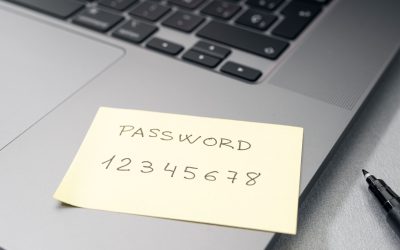Twice I’ve had to file insurance claims after major disruptive events—once after the revolution in Iran and once after the 2013 flood in Calgary—with the result that I know whereof I speak when I say, “Be prepared!” You can expect a claim process to be tedious, time consuming, acrimonious, and frustrating. This should not come as a surprise when you consider that your objective is to maximize the compensation for your loss and the claims adjuster’s, notwithstanding all smiley-face assurances to the contrary, is to minimize it.
Nowadays, seemingly more than before, the media channels are crammed with news of fires, hail storms, floods, hurricanes, tornadoes, and civil unrest. And the story behind the story is about insurance claims—a process that can drag on for long after the news about the triggering event has been forgotten and been replaced by news of fresh disasters.
And since your chances of having to file a major insurance claim (business or personal) are as good as the next person’s, it pays to be prepared. Preparation won’t eliminate the the hassle of the claim process but it will minimize it, and potentially save you from leaving a lot of money on the table. So here, based on my experience, is a list of measures you should take now:
- Check that your personal and business insurance coverage is current and that your premiums are paid.
- Assess your home and business for fire prevention, flood prevention, and any other kind of prevention that might apply to where you’re located.
- Have a fire and water-proof safe or similar container to secure important documents, back-up USB sticks, etc.
- Have a remote daily back-up service for your computers.
- Take a photographic record of your possessions and building contents such as equipment, materials, furniture, furnishings, and art. Update it regularly and keep it off premises such as in a bank safety deposit box. This will be a major help when preparing a claim.
- Keep copies (certified or notarized, if necessary) of important documents such as birth certificates, leases, agreements, and other legal documents securely stored off site.
- Have records of your various passwords stored safely off site or lodged with a remote service.
My list may be incomplete, but you get the idea. Be prepared!














































